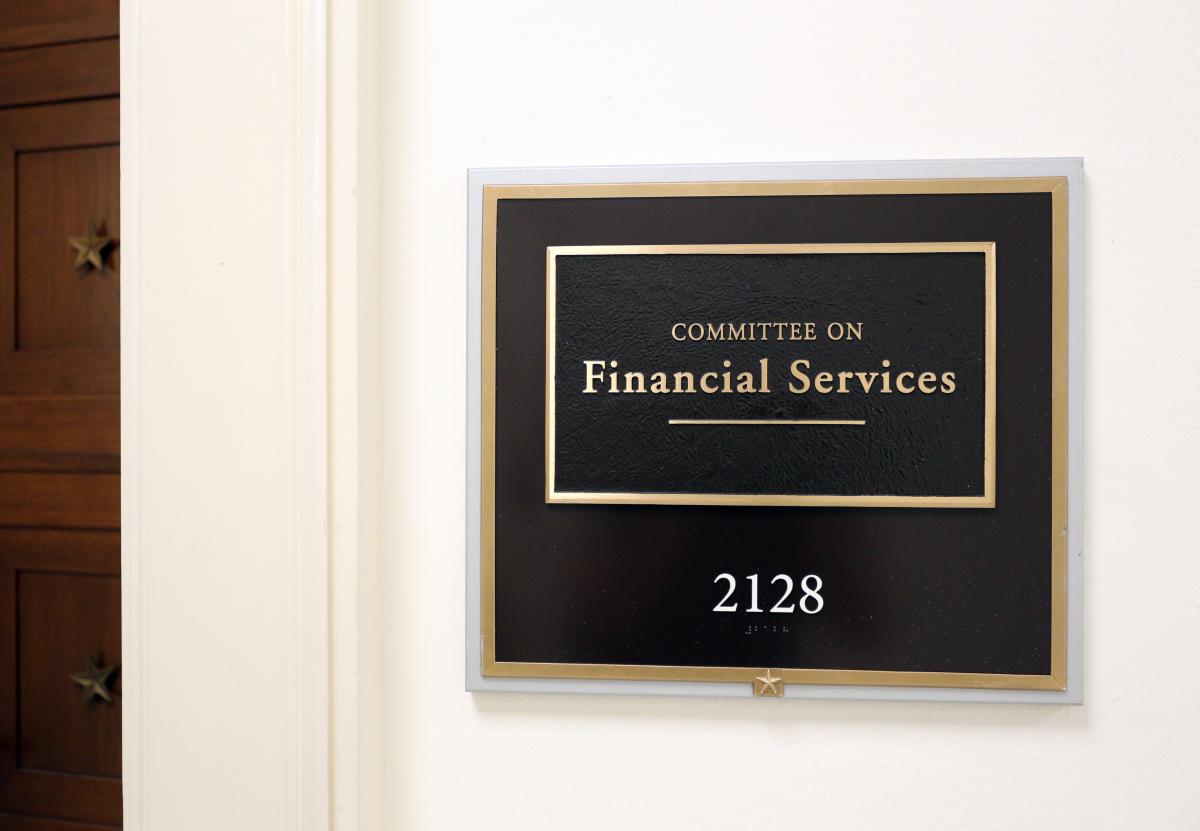Noting that “its implementation would disproportionately harm those saving for retirement,” the Chair and Ranking Member of the U.S. House of Representatives' Financial Services Subcommittee on Capital Markets have expressed concerns about a recent Securities and Exchange Commission proposal that could impact 401(k) plans.
 At the direct request of the American Retirement Association, Rep. Ann Wagner (R-MO), Chair of the Financial Services Subcommittee on Capital Markets, and Rep. Brad Sherman (D-CA), Ranking Member of the Financial Services Subcommittee on Capital Markets, sent a letter to Securities and Exchange Commission (SEC) Chair Gary Gensler. It outlines concerns over the SEC’s recent proposal on open-end fund liquidity risk management programs and swing pricing.
At the direct request of the American Retirement Association, Rep. Ann Wagner (R-MO), Chair of the Financial Services Subcommittee on Capital Markets, and Rep. Brad Sherman (D-CA), Ranking Member of the Financial Services Subcommittee on Capital Markets, sent a letter to Securities and Exchange Commission (SEC) Chair Gary Gensler. It outlines concerns over the SEC’s recent proposal on open-end fund liquidity risk management programs and swing pricing.
In the letter, they said, “It is clear that the SEC has presented this rule without due consideration for its impact on main street investors. The proposal fails to identify a real problem that it claims to solve, and its implementation would disproportionately harm those saving for retirement. Our constituents are deeply concerned about the future of their mutual fund products, and we share their concerns. We urge the SEC to carefully evaluate its next steps and ensure that any new rules are made with the best interests of all investors in mind.”
“The ARA greatly appreciates the support from these members of the House Financial Services Committee and will be meeting shortly with the SEC Commissioners to express our significant concerns with the proposal directly to them,” American Retirement Association CEO Brian Graff said.
The proposal — unveiled last fall — saw the comment period closed last month. The proposal would require open-end funds to use “swing pricing,” the method to allocate costs from inflows or outflows to the investors engaged in that activity, rather than diluting other shareholders. The proposal would also require a daily 4 p.m. ET “hard close” for relevant funds.
Several retirement plan and financial services advocacy organizations submitted comment letters with concerns, citing cost and logistics they say would ultimately harm plan participants — including the American Retirement Association.
“Investors saving for retirement through 40I(k) plans do not hold their shares directly through a fund's transfer agent,” the letter from Wagner and Sherman noted. “Instead, they must place orders through the plan's designated recordkeeper. Historically, shareholders received that day's price as long as the order was placed with the recordkeeper by 4:00 p.m. ET. This sharply contrasts with the proposed approach where retirement plan recordkeepers will need to cut-off trading for participants several hours earlier (as early as 10:00 a.m. ET or 7:00 a.m. PT), to guarantee current day's price, which is unfair for those in the Pacific time zone.”
It continued “Retirement plan participants will be at a clear disadvantage to shareholders who hold their shares directly with a fund. This is unacceptable and unfair to investors who are simply trying to save and invest their hard-earned money to meet their financial goals.”
Those comments echoed those of the American Retirement Association in its comment letter to the SEC. “The ARA has serious concerns about the Hard Close and its impact on DC Plans and participants,” American Retirement Association CEO Brian Graff and General Counsel Allison Wielobob wrote in its letter to SEC Chair Gary Gensler at the time. Not only would mandating a hard close require a complete overhaul of intermediaries’ systems and processes, vastly increasing costs to participants, “it would create inequities among investors in open-end fund and eventually, increased flows of investor money into less regulated vehicles and potentially, a push for many asset managers to create alternative funds instead,” they added.

